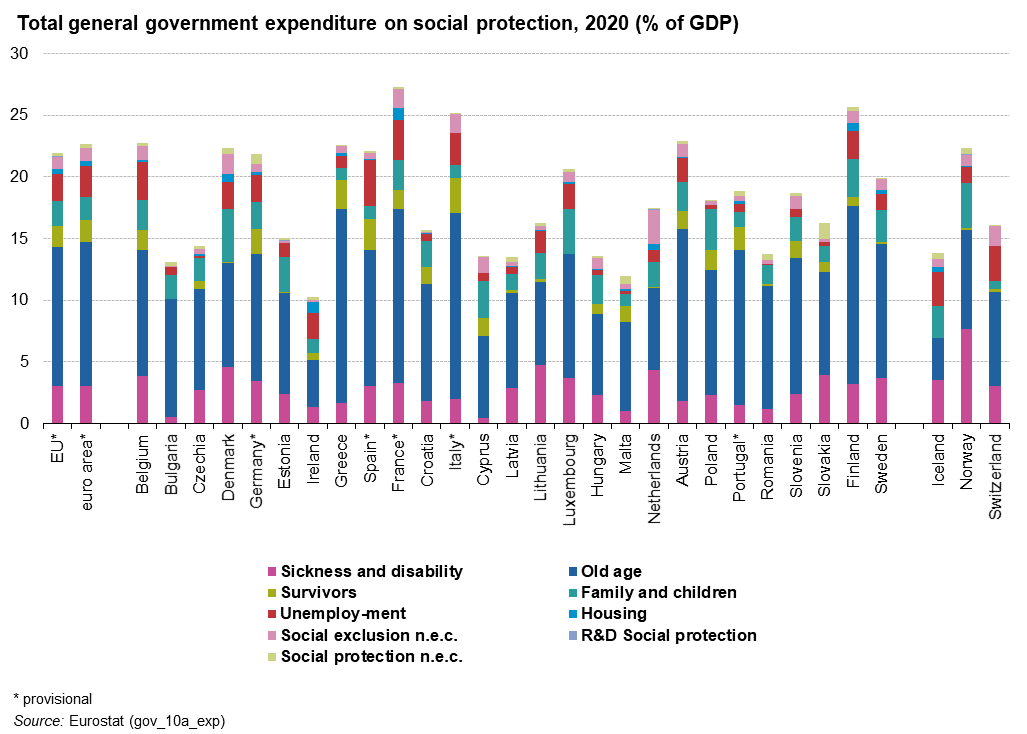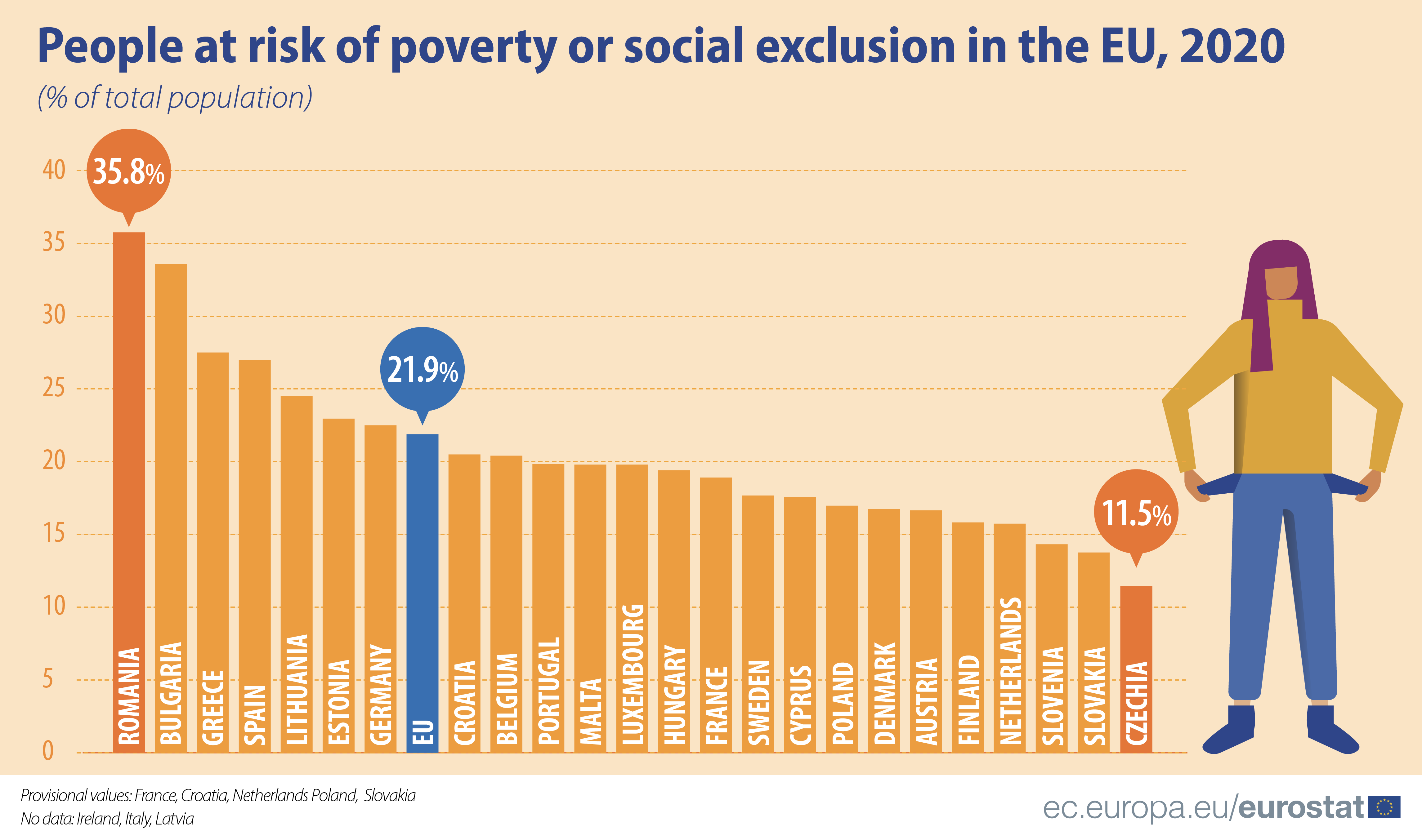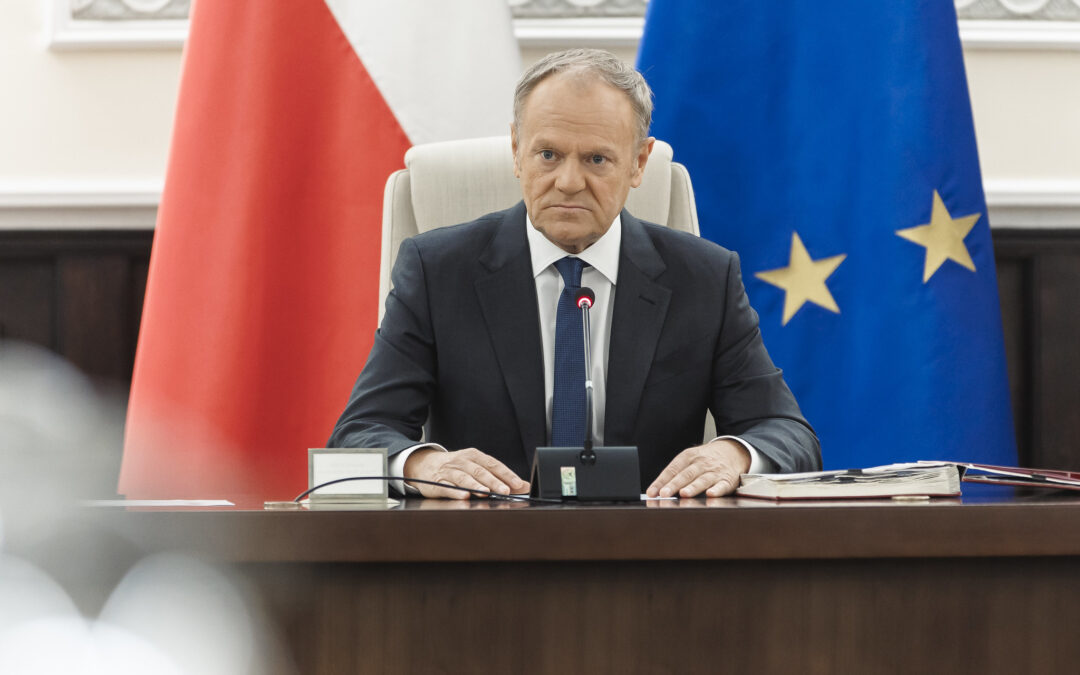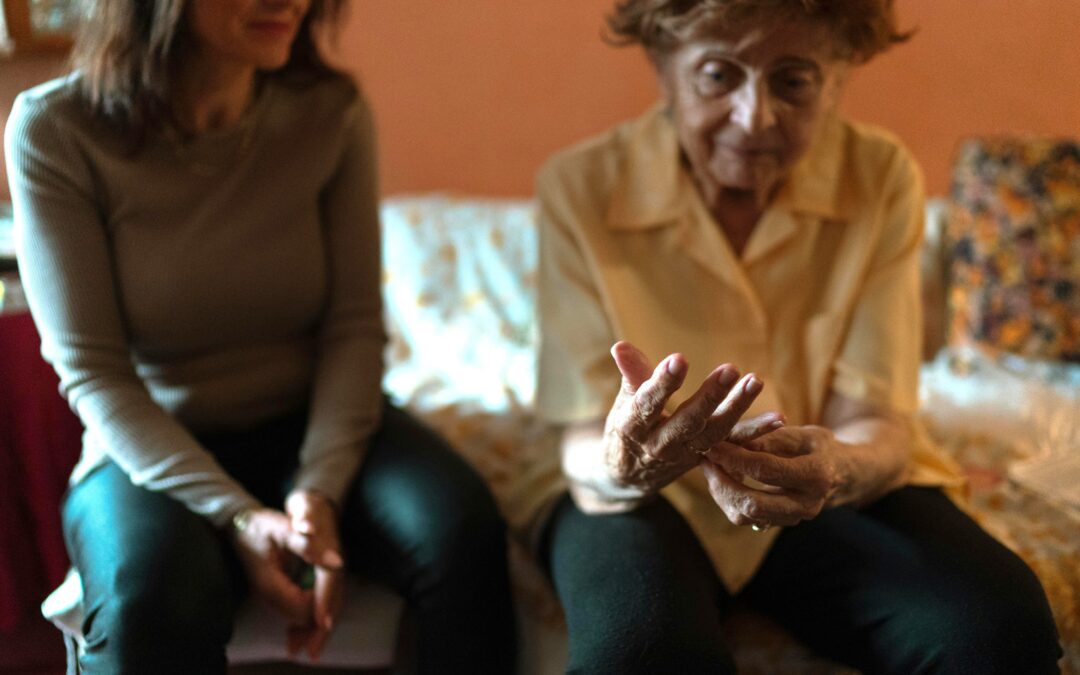Poland devotes proportionally less money to social programmes than the European Union average and what it does spend “is not always properly targeted”, leaving the most vulnerable at risk, says the European Commission in a new report.
However, the commission also notes that the proportion of people at risk of poverty and social exclusion has been declining in Poland over recent years and is among the lowest in the EU.
Jeśli wydaje Wam się, że polski rząd zbyt dużo wydaje na socjal, to informuję, że Komisja Europejska twierdzi, że wydajemy za mało. A przy okazji głupio.https://t.co/fJ5QHMeSUT
— Patryk Słowik (@PatrykSlowik) May 24, 2022
Since coming to power in 2015, Poland’s national-conservative ruling party, Law and Justice (PiS), has introduced a number of new social benefits, aimed in particular at families and pensioners.
But a large portion of these payouts are “universal and directed at everyone, independently of the income”, rather than being targeted at those who need them most, writes the European Commission. It also notes that, since being introduced in 2016, child benefit payments have remained at the same level despite rapid inflation.
Meanwhile, overall “Poland spends less on social benefits than other EU countries”, with its outlay as a proportion of GDP generally being four percentage points below the EU average in recent years.

Nevertheless, the commission notes that Poland “scores well on indicators related to the share of people at risk of poverty and social exclusion, which have been decreasing steadily and remain amongst the lowest in the EU”.
But it warns “looking forward, risks are building up” for certain groups, in particular for pensioners – whose numbers are set to double by 2060 – and especially for women, who face having lower pensions after PiS reduced their retirement age to 60 while it stands at 65 for men.
“Fast population ageing, combined with the low statutory and effective retirement age, will likely decrease pension benefits, raising concerns on pension adequacy, especially for women,” writes the commission.

The latest release of data this week from last year’s national census confirms the extent to which Polish society is shrinking and ageing, with the proportion of the population over the retirement age rising by more than five percentage points in a decade.
Last year, a report by the European Anti-Poverty Network noted that the proportion of people living in extreme poverty in Poland rose from 4.2% to 5% in 2020 amid the pandemic, with particular increases for children and the elderly. However, extreme poverty still remains significantly below its peak of 7.4% in 2013 and 2014.
The European Commission also raises concern that employees working under some civil law contracts do not have access to social programmes, such as unemployment, maternity and invalidity benefits. In-work poverty in Poland remains above the EU average.
The Dziennik Gazeta Prawna daily reported today that one of the so-called “milestones” Poland has agreed with the European Commission as a condition for paying out Covid recovery funds is increasing social protections for people working under civil law contracts.
In its new report, the European Commission also notes that the influx to Poland of people fleeing Ukraine will generate “social and healthcare challenges” for Poland, but will also “provide a boost to labour supply”.
Main image credit: Krystian Maj / KPRM (under public domain)

Alicja Ptak is deputy editor-in-chief of Notes from Poland and a multimedia journalist. She has written for Clean Energy Wire and The Times, and she hosts her own podcast, The Warsaw Wire, on Poland’s economy and energy sector. She previously worked for Reuters.




















